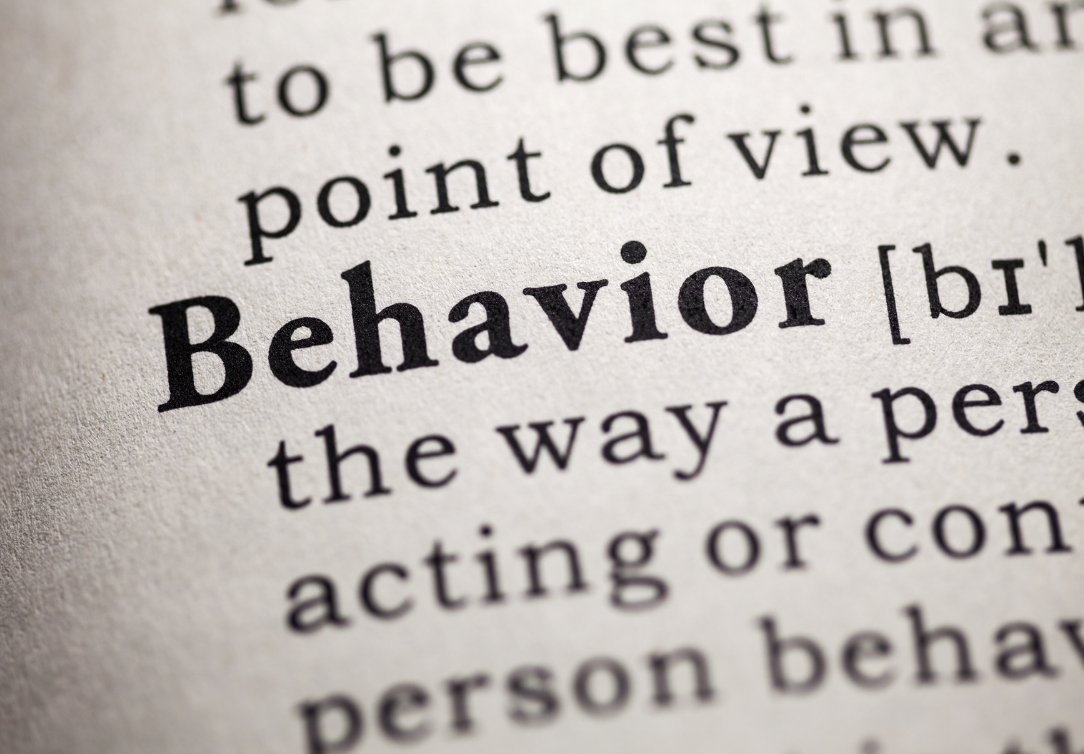Modern psychotherapy has been around since the late 1800s. However, different forms of mental healing have been practiced for thousands of years.
Whether through magical beliefs, religion, medicines, or talking with a friend, we’ve always tried to cope with psychological struggles.
With time, ways of practicing psychotherapy have evolved (and continue to). Today, we’ll explore 3 common approaches and how they work
Cognitive-Behavioral Therapy
Cognitive behavioral therapy (CBT) is the gold standard psychotherapy model. This is because it’s scientifically proven to be helpful for many issues, like depression, anxiety, eating disorders, relationship problems, etc.
It’s based on the belief that psychological problems are, in part, caused by unhelpful thoughts and learned patterns of behavior. Fortunately, we can learn coping mechanisms that reduce negative psychological symptoms. This leads to better functioning in everyday life.
CBT strategies include ways to recognize and respond to these unhelpful things. Strategies include:
- Learning to question the validity of our negative thoughts and whether they align with reality
- Strengthening problem-solving skills
- Practicing mindfulness techniques, so we can be present instead of lost in negative thoughts
- Examining unhelpful thoughts about ourselves, and replacing them with more helpful ones
- Slowly exposing ourselves to situations we’d usually avoid. This helps us face our fears and build self-confidence.
- Roleplaying ways to handle undesirable situations healthily
Interpersonal Psychotherapy
Interpersonal psychotherapy (IPT) helps people with mood disorders manage social relationships. It’s a short-term form of therapy, usually completed within 16 weeks.
Mood disorders negatively affect our emotional state, and make it hard to function day-to-day. They include:
- Major depressive disorder
- Bipolar disorder
- Dysthymia (low grade, persistent depression)
- Substance-induced mood disorder (from medication, drug and alcohol abuse, chemical exposure, etc.)
- Mood disorders caused by other health issues (like cancer)
IPT aims to help people deal with:
- Social isolation
- Unfulfilling relationships
- Grief caused by the death of a loved one
- Interpersonal conflict caused by different expectations
IPT can be done individually or as a group (with whichever parties are experiencing conflict). The solutions suggested by an IPT therapist depend on the specific social problem(s).
Dialectical Behavior Therapy
Dialectical Behavior Therapy (DBT) was designed to help people with difficult-to-treat mental health conditions, like Borderline personality disorder. However, It’s also used for people who struggle to regulate their emotions, or exhibit self-destructive behaviors (self-harm, eating disorders).
The word ‘dialectic’ means the presence of opposites. In terms of DBT, it means helping a person accept their current reality, while simultaneously trying to change it for the better.
This type of therapy typically requires at least a year to be effective.
DBT helps people build four main skills:
- Mindfulness – being present without trying to change feelings and behaviors
- Tolerance for distress – the ability to cope with difficult emotions, especially when the situation can’t be changed
- Interpersonal effectiveness – learning to self-advocate and set boundaries, while maintaining relationships with others
- Emotional regulation – managing difficult emotions, instead of becoming overwhelmed or behaving in a harmful way
DBT happens in four stages:
- Stage 1 – the most self-destructive emotions and behaviors, like suicidal thoughts/behaviors, are addressed. The goal is to gain control over emotions
- Stage 2 – the focus is on issues that negatively affect quality of life, like interpersonal conflict, emotional regulation, etc.
- Stage 3 – the goal is to build self-respect, establish goals, navigate the ups and downs of daily living, and find a sense of peace
- Stage 4 – the focus is on spiritual growth, like pursuing life goals, deepening relationships and finding a sense of purpose
Curious about therapy but not sure where to start? The 24 Hour Counseling Hotline can help. Learn more
If you’re experiencing thoughts of suicide, please contact the National Suicide Prevention Lifeline:
Phone: 1-800-273-8255
Online Chat: https://suicidepreventionlifeline.org/
For TTY Users: Use your preferred relay service or dial 711 then 1-800-273-8255
Sources
https://www.apa.org/ptsd-guideline/patients-and-families/cognitive-behavioral
https://www.hopkinsmedicine.org/health/conditions-and-diseases/mood-disorders
https://www.psychologytoday.com/ca/therapy-types/interpersonal-psychotherapy
https://www.verywellmind.com/dialectical-behavior-therapy-1067402
https://psychcentral.com/lib/history-of-psychotherapy#psychotherapy-today

